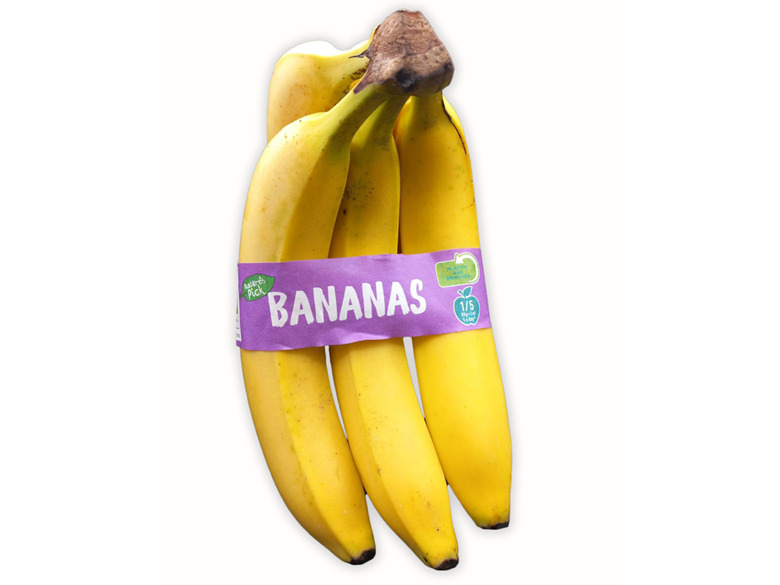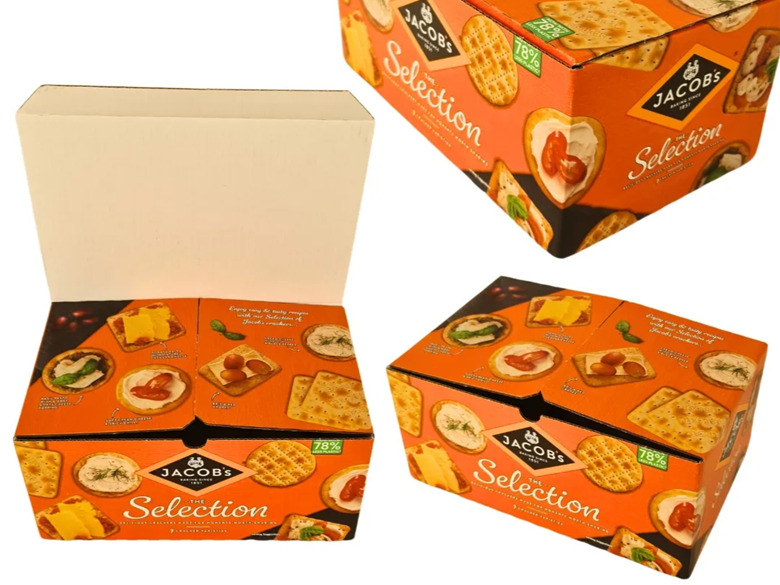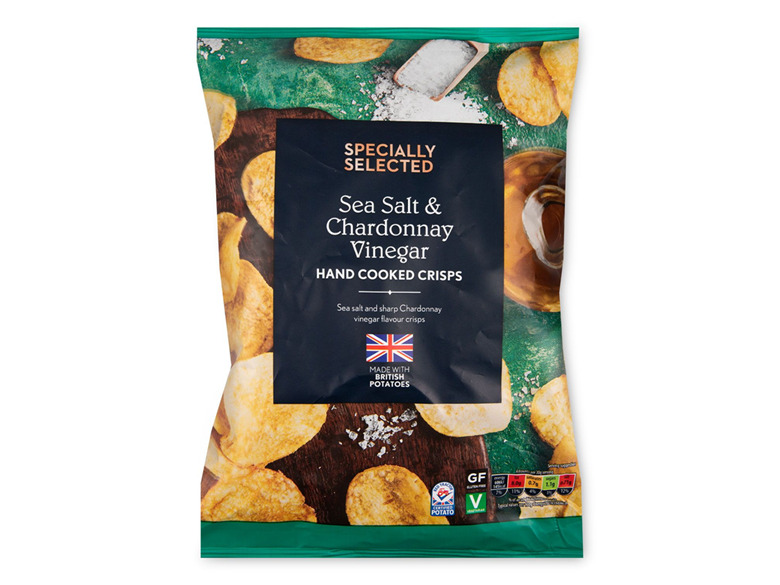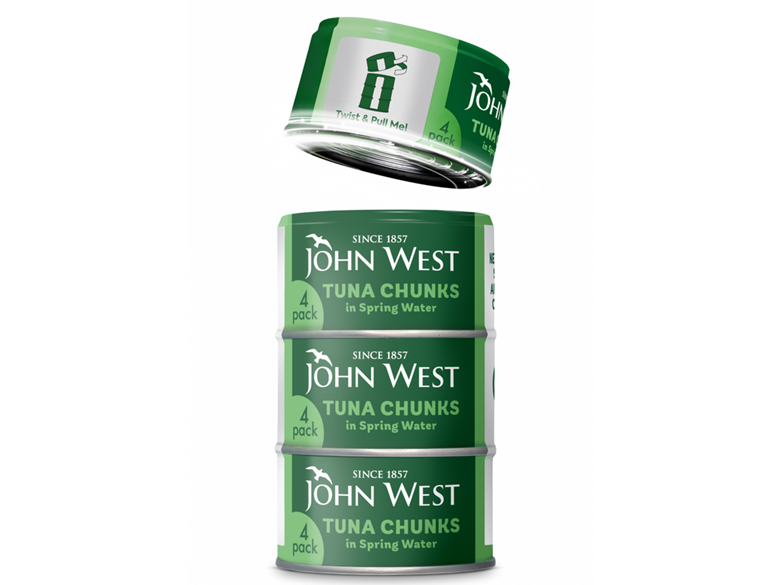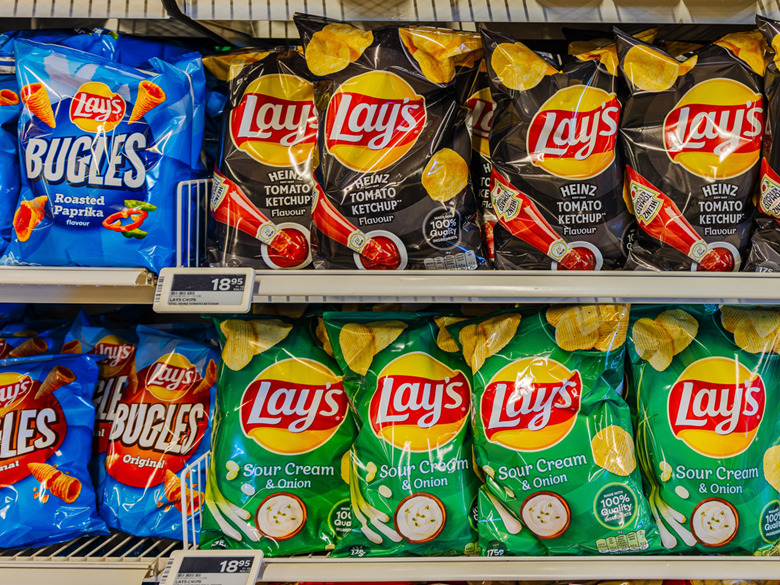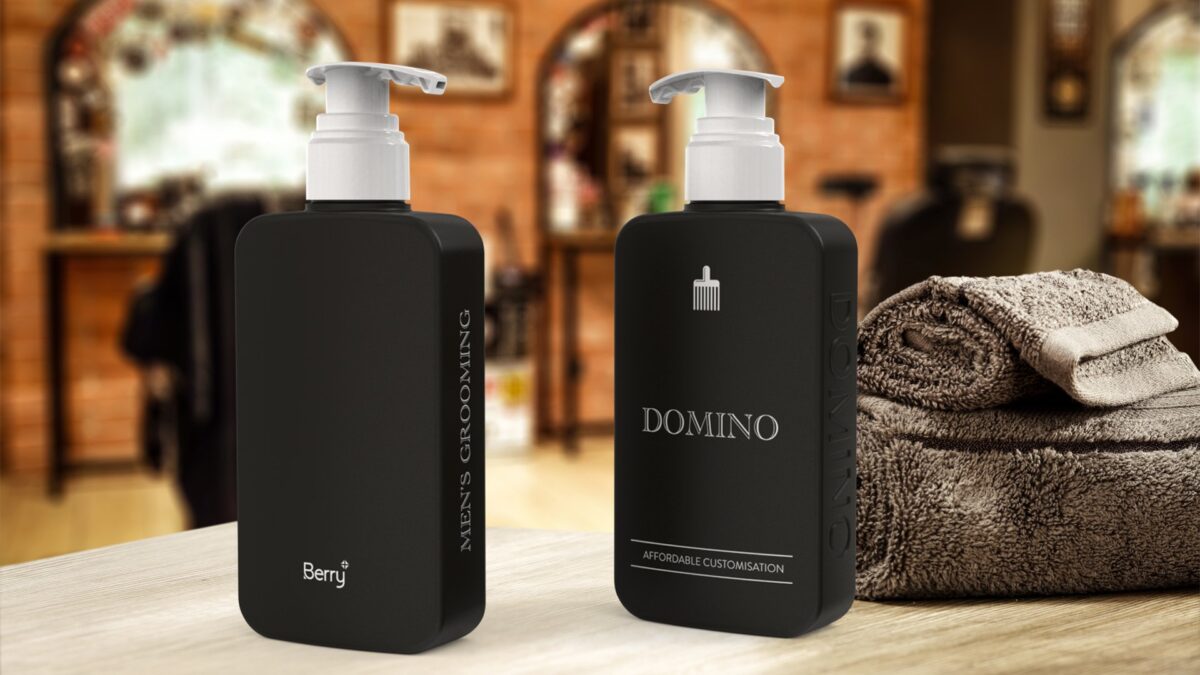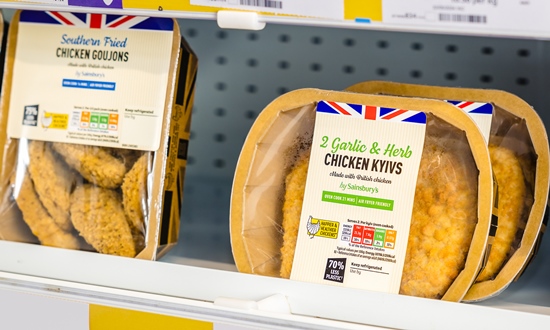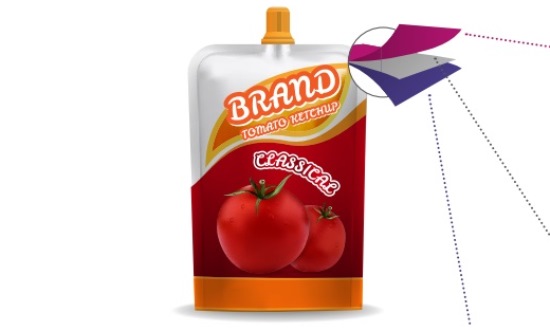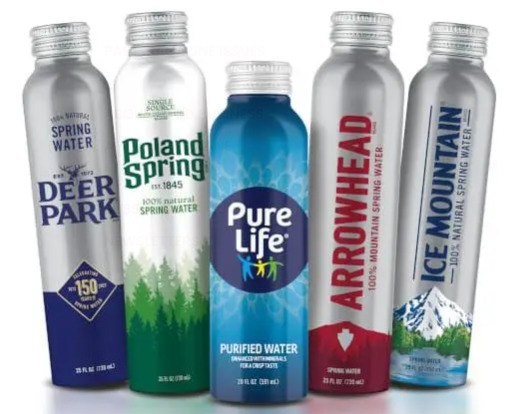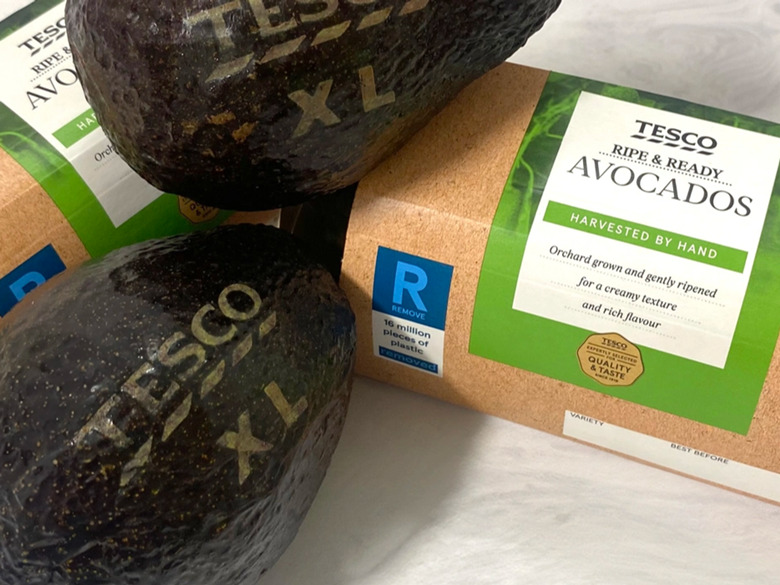John West has worked with Schubert Packaging Systems, CCL Label, and Touch Design to implement an aluminium strip into its ambient tuna packaging – designed to be recycled with the can and avoid 65 tons of plastic shrink wrap every year.
The new Ecotwist solution replaces conventional shrink wrap with an aluminium strip, or Smartstrip, which consumers can twist and pull to open the pack. Apparently, it has been independently verified as fully recyclable – meaning consumers can recycle their tuna cans, with the strip still attached, via kerbside recycling in the UK.
As well as removing 65 tons of plastic shrink wrap from John West’s supply chain, it is said to avoid the approximate equivalent of 300 tons of cardboard annually.
The solution falls in line with John West’s target to apply sustainable packaging to 100% of its products by 2025.
“We tested around 20 sustainable packaging concepts,” explained James Pryor, managing partner at Touch Design. “The John West brief was to create a ‘Multipack 2.0’ with minimal packaging to remove the plastic shrink and meet John West’s sustainable packaging targets whilst keeping the integrity of a multi-pack.
“Other packaging ideas would have required more material or added weight to each can, which John West wanted to avoid. We refined Ecotwist to be the simplest and most elegant solution.”
CCL Label’s role in the collaboration included striking a balance between ensuring that the aluminium Smartstrips were easy to open for consumers of all ages, yet maintaining their durability to survive stacking and transportation.
“Twisting and pulling a can off had to be a sensory experience,” said Wayne Firth, UK Sales and Marketing director at CCL Label. “The Smartstrip needed to feel right, sound right, and look right.
“The labels we developed had to incorporate a lot of characteristics and the right amount of adhesiveness, which we ensured by subjecting the can towers to rigorous tests to ensure durability and ease of use.”
Meanwhile, Schubert Packaging Systems sought to combine Touch Design’s concept, CCL Label’s aluminium strip, and John West’s requirements into a bespoke, industrial-scale packaging line.
Cyrille Zimmermann, project manager at Schubert, commented: “We designed, built and commissioned a groundbreaking new packaging technology that no one else has in this category anywhere in the world, giving John West a significant competitive edge to further differentiate itself in sustainable packaging.”
“We redesigned our cans to look more contemporary with added height, full lithography and an easy-open lid,” concluded Vikki Babb, international marketing director at John West. “We made the cans lighter and now pack the same amount of tuna into a lighter-weight can, saving over 400 tons of steel annually.
“We also reduced the other contents like sunflower oil, spring water, or brine that consumers typically discard, to save an additional 1,500 tonnes of waste a year. These changes lower our greenhouse gas emissions and move large volumes of our products into fully recyclable packaging to deliver against our sustainability commitments.”
Ecotwist is currently available in Asda stores, with other major retailers set to supply the packaging in future.
It has also been nominated as a finalist in the Pre-Commercialized Recyclable Packaging category at this year’s Sustainability Awards, with the awards ceremony taking place at the Sustainable Packaging Summit in Amsterdam this November.
Last year, Tata Steel and Grupo Calvo produced a canned tuna pack from Tata Steel’s Protact, a steel substrate with a three-layer polymer coating on each side. It sought to lightweight steel packaging, reduce food waste, and stand out on the shelf, with its reported organoleptic properties set to preserve the product’s taste.
In another approach, Sainsbury’s has transitioned its own-brand fish and chicken lines into kerbside recyclable cardboard trays. The move is expected to save a total of 649 tonnes of plastic every year and contribute to the retailer’s own plastic reduction targets.
Source:
https://packagingeurope.com/news/john-west-tuna-sealed-with-recyclable-aluminium-strip-in-industry-collaboration

